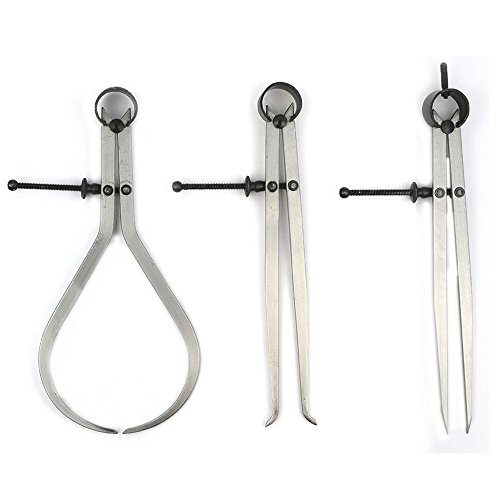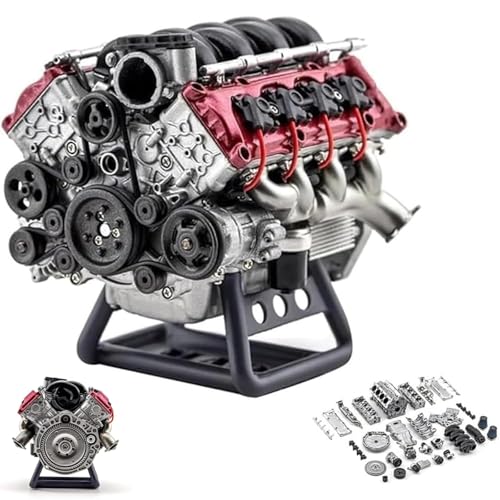I worked on the Dinorwic Power station electric busbars from generator to main transformers in the 1970s. Worked on the dry-air feed system to keep the busbars from any condensation. The compressors had auto water traps with auto- drains fitted, then the air at 6 bar went through driers, before expansion to 4in water gauge. The resulting air was dry to a dew point of -40°C. Then fed into the busbar enclosures. To my (lack of) knowledge, the power station has not blown-up yet with a wet insulator shorting-out a 132 Mw generator. There are many uses for dry air. Including food processing.
But in the garage is usually wet air....
K2
But in the garage is usually wet air....
K2






![DreamPlan Home Design and Landscaping Software Free for Windows [PC Download]](https://m.media-amazon.com/images/I/51kvZH2dVLL._SL500_.jpg)





![MeshMagic 3D Free 3D Modeling Software [Download]](https://m.media-amazon.com/images/I/B1U+p8ewjGS._SL500_.png)











![Learning AutoCAD Civil 3D 2014 [Online Code]](https://m.media-amazon.com/images/I/51F3yi9fokL._SL500_.jpg)








































